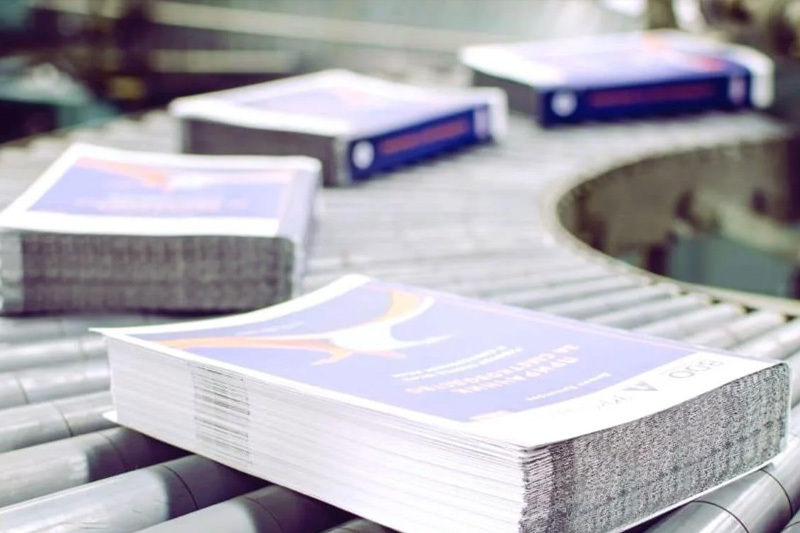
Labour’s Rachel Reeves ‘Appears To Have Been Caught Plagiarising The Work Of Others’
A member of the UK’s Labour Party, shadow chancellor Rachel Reeves has said she “should have done better”, after it emerged some passages of her new book, The Women Who Made Modern Economics, were lifted from other sources without acknowledgement.
Conservative MPs have ridiculed the former Bank of England economist on social media, with party chairman Greg Hands branding her a “copy and paste shadow chancellor”. Reeves is hoping to become the country’s first female chancellor if Labour wins the next election.
How Common Is Plagiarism In The Publishing Industry?
In an interview with BBC Radio 4’s Broadcasting House, Reeves said: “I’m the author of that book, I hold my hands up and said, I should have done better.” “Obviously, I had research assistants on the book, but I take responsibility for everything that is in that book,” she added.
The Financial Times examined her book and found more than 20 examples of passages from other sources that appeared to be either lifted wholesale, or reworked, without acknowledgement. The sources cited by the FT included Wikipedia, among others.
Reeves acknowledging making mistakes has thrown the spotlight on the thorny issue of plagiarism and the pitfalls of tedious factchecking. The incident has raised the question: how widespread are such mistakes in the deadline-driven publishing industry?
Issue To Be Resolved In Future Reprints
Economic historian Robert Skidelsky said there were several reasons why plagiarism occured, including: “intention to deceive and pretend a good phrase is your own”, “laziness”, “pressure of time under deadlines” and “note-taking and/or relying on research assistants’ notes”.
Nonetheless, Rachel Reeves is not the only politician to have faced such an accusation. EC President Ursula von der Leyen, when Germany’s defence minister, was cleared of plagiarism in her doctoral thesis after being accused of copying several passages without attribution.




